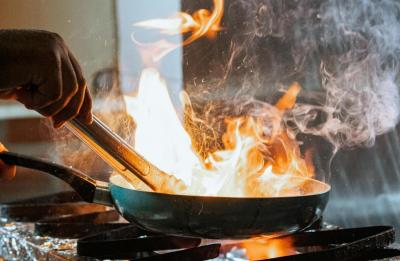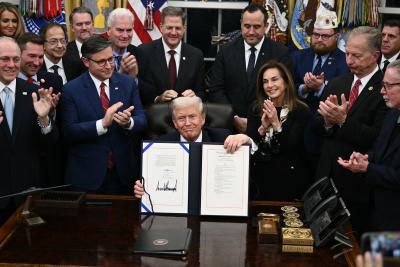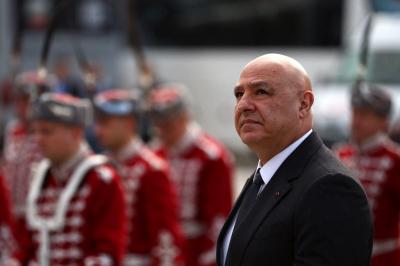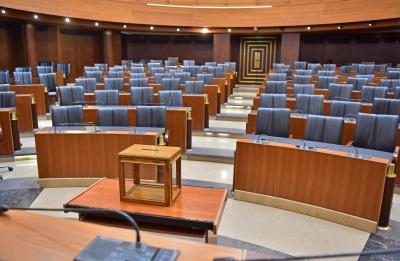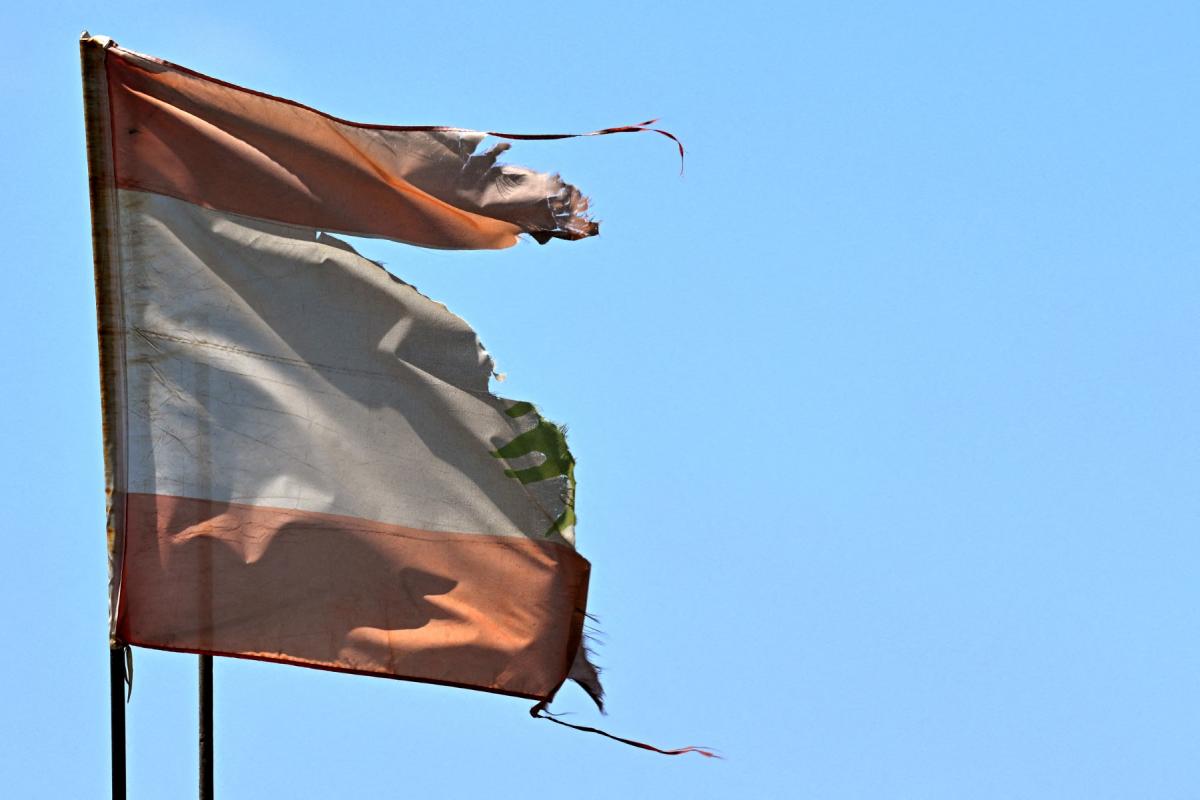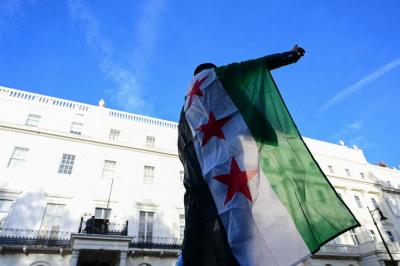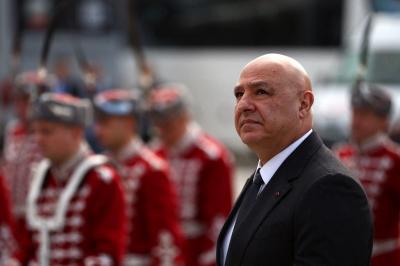"Us being here tonight is the greatest proof that Lebanon is doing just fine."
This was the opening line of a popular Lebanese singer at one of the many summer festivals held under the pretense of showcasing a Lebanon bathed in bliss—a Lebanon that lives, thrives, and dances while the world watches in awe. The festive crowd, both official and popular, is presented as evidence.
Echoing that line, another festival—cloaked in symbolism—carried a similar slogan, this time with clear political undertones. Neither the slogan nor the motives behind the event were subtle.
Since Lebanon hosted the 1997 Arab Games, followed by regional and continental basketball championships in 1999 and 2000, the country’s officials have clung to the narrative that Lebanon is capable of organizing international events, and that life, above all, belongs to the Lebanese—as though no other peoples on earth are as deserving of dignity or joy.
Year after year, the same message resurfaces with each summer: the Lebanese people endures, suffers, and waits for a “promising” season of concerts and tourism. A tourism that, in truth, rarely extends beyond returning expatriates drawn by nostalgia, longing, or the desire to offer financial support. Isn’t that how Lebanese residents view their global diaspora?
Yes, Lebanon desperately needs joy. Its people long for moments of lightness in the dark. But let’s be honest—Lebanon is not okay. And a festival stage or a music night is far from “the greatest proof” that it is.
If Lebanon were okay, this summer would promise more than fleeting illusions. Hundreds of thousands would not be stranded, unable to return to their homes in the South or the Bekaa.
If Lebanon were okay, foreign envoys would not be flying in on shuttle diplomacy missions, urging Lebanese officials to uphold the commitments they signed—commitments that are supposed to unlock international support. If Lebanon were okay, it would not need anyone’s help.
If Lebanon were okay, weapons would not remain in the hands of a single armed faction that still calls itself the “Resistance,” even though its raison d’être has expired. The justification for keeping these arms shifts with time—yet the weapons remain.
If Lebanon were okay, the international community would not be pleading with it to pass and implement real reform laws to curb corruption. The public administration would not be infected with unqualified, idle “servants” occupying seats of power they neither earned nor deserve.
If Lebanon were okay, people’s life savings would not have been squandered, lost between commercial banks, the central bank, and successive governments that spent recklessly and now deny any accountability to citizens, residents, or investors deprived of their rights.
If Lebanon were okay, its currency would not be worthless. Its banking sector would not be tainted beyond repair. And the Lebanese would not be trapped in a parallel economy that is both unsustainable and destabilizing.
If Lebanon were okay, public services would reach everyone. Justice would be swift and fair. We would not still be waiting for answers about the Beirut port explosion or the long list of unresolved assassinations.
If Lebanon were okay, its brightest minds would not be fleeing, seeking dignity and opportunity elsewhere.
Lebanon is not okay. And its officials, cloaked in layers of advisors, are still merely trying—at best. Meanwhile, the people are left in limbo, waiting for action that remains no more than a distant dream.
Please post your comments on:
[email protected]
 Politics
Politics

